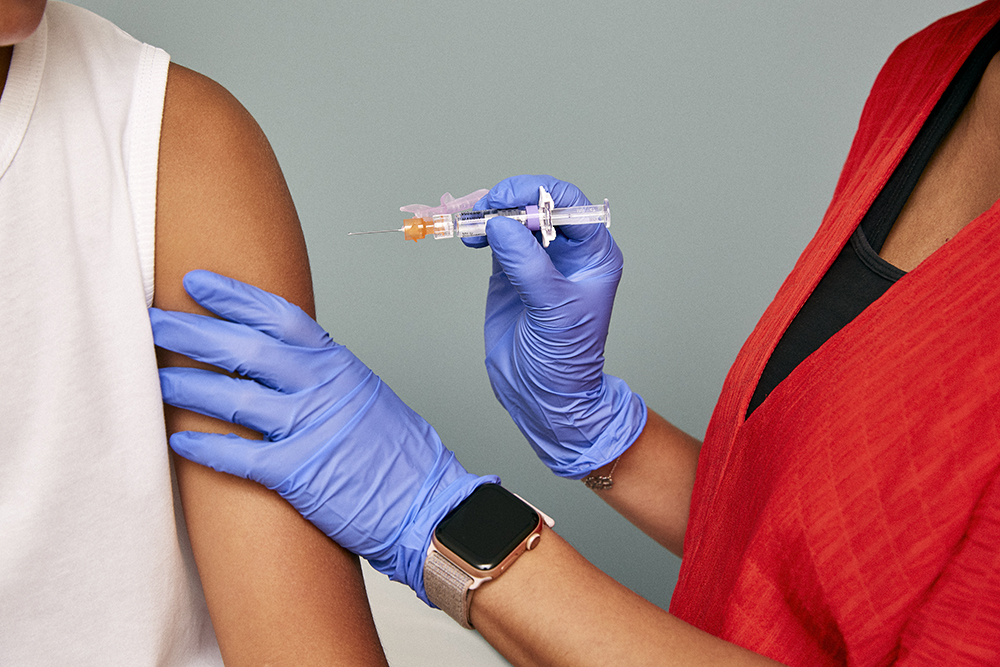Tag
vaccinations
-
Alert your audience about the global rise in measles cases
Measles outbreaks have greatly increased globally and may increase in the U.S. due to falling vaccination rates.

-
•
Flu hitting seniors hard across the country
It’s the first week of January and winter seems to have finally arrived with a vengeance. In addition to the…

-
Vulnerable seniors are going without vaccinations
In the United States, far too many people – including many older adults – don’t get the vaccines they need…

-
•
Whooping cough: Not just a problem for kids
Maryn McKenna, AHCJ board member and self-proclaimed “most vaccinated person on the planet,” writes about her own bout with whooping…

-
•
Gates Foundation pledges $10 billion for vaccines
Bloomberg’s Phil Serafino and Yuriy Humber reported on Bill and Melinda Gates’ pledge to commit $10 billion of their foundation’s…

-
•
Lack of vaccinations may hurt ‘herd immunity’
USA Today‘s Liz Szabo writes about experts’ fears that unvaccinated children will lead to outbreaks of some infectious diseases. Experts…

-
•
Bioethicist: Health workers must get H1N1 vaccine
On MSNBC.com, University of Pennsylvania bioethics professor Arthur Caplan takes a tough stand on flu vaccines for health professionals, imploring…

-
•
OIG: Are we ready for a flu pandemic?
The Department of Health and Human Services’ Office of Inspector General has released two reports assessing just how prepared Americans…




